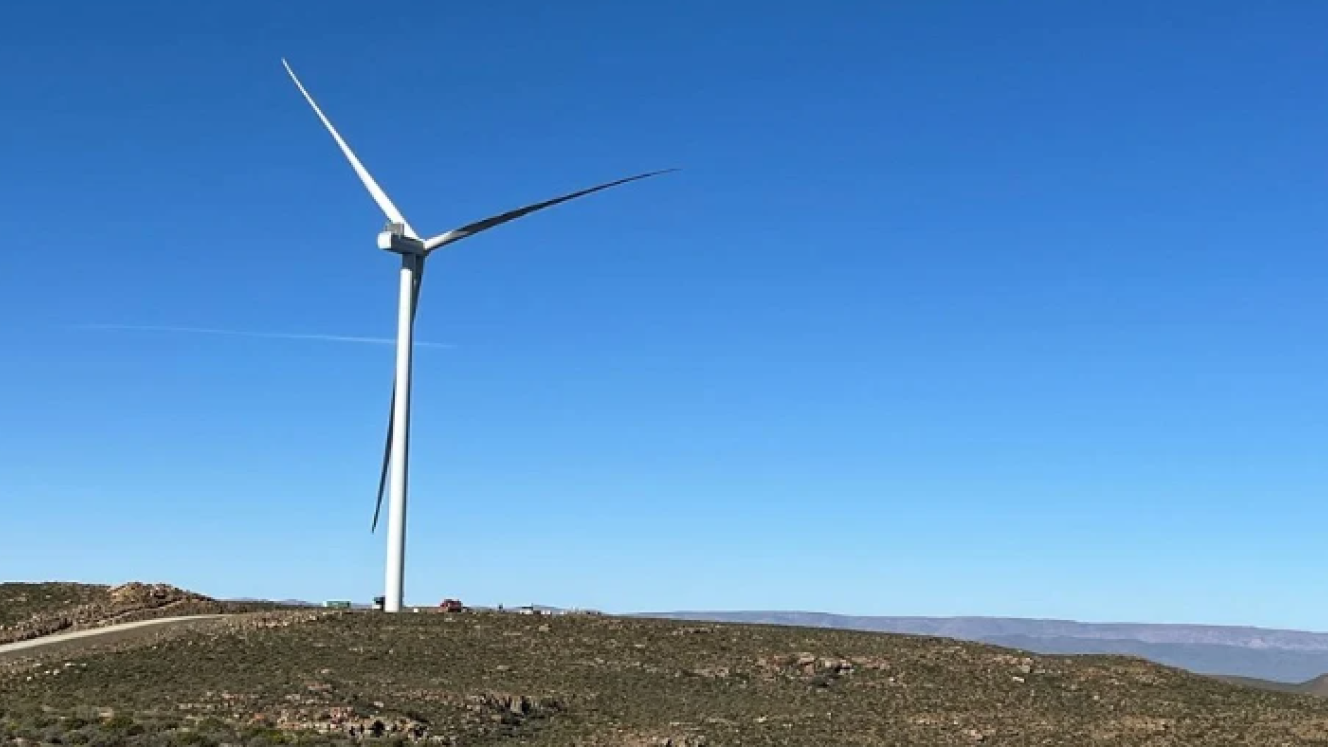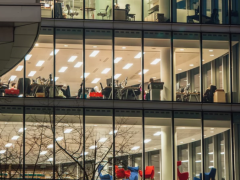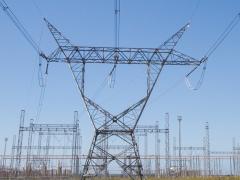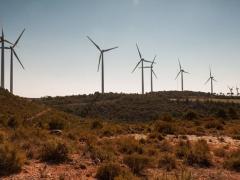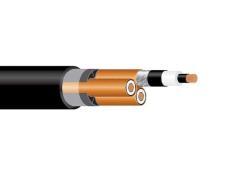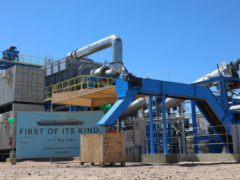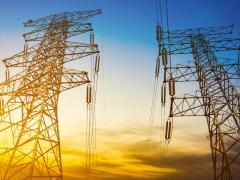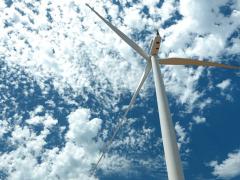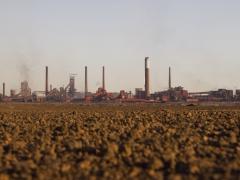The government’s decision to introduce 10% import duties on solar photovoltaic (PV) panels has been met with mixed reactions. The move, which has been implemented to protect and encourage local component manufacturing, could have far-reaching implications for the solar energy sector, making investment in the technology expensive and unattainable for many households and businesses.
In April 2017, ARTsolar, a solar panel manufacturer, urged the International Trade Administration Commission to increase duties on solar panels. This was in response to a partner company reportedly violating local-content rules by importing all panels from China despite ARTsolar’s efforts to ensure 25% local content compliance in a collaborative government renewable energy programme project.
“This is an important step in the development of the local industry and the implementation of the South African Renewable Energy Masterplan (SAREM),” Gaylor Montmasson-Clair, Senior Economist at Trade and Industrial Policy Strategies and SAREM facilitator, said on social media platform X.
In the past three years, there has been a 75% decrease in imports of PV cells while importing of completed solar panels increased, said Donald MacKay, CEO of XA Global Trade Advisors. The process of converting solar cells to panels has become more efficient, creating greater challenges for ARTsolar whose small production capacity pales in comparison to the large, predominantly Chinese manufacturers, he added.
If these duties had been in place over the past 12 months, they would have generated R1,3 billion in revenue, given that South Africa imported R13 billion worth of solar panels during that period, stated MacKay.
In its 2017 application, ARTsolar said it received R500 million in private investment. In 2022, the Industrial Development Corporation (IDC) invested an additional R66 million in the manufacturer's expansion. According to the IDC, this investment was projected to increase employment at ARTsolar to over 200 direct jobs and create an additional 1 100 indirect jobs.
However, the risk is that the duty charge will be pushed to the consumer at a time when South Africans have been encouraged to invest in the technology.
“Few things have harmed the South African economy more than load shedding so it boggles the mind that the cost to private individuals, spending their own money to generate electricity, which benefits the whole country, will increase and they will be taxed for their efforts,” MacKay stated.
“When you tax investment, you get less investment. Less investment means fewer service sector employees installing and repairing solar panels. All that will happen is prices will rise. Approximately R1,3 billion will be taken from the consumer and given to the government, which is the worst allocator of capital in the country. The idea of this duty forming the foundation of a thriving solar panel manufacturing industry is simply a pipe dream.”

